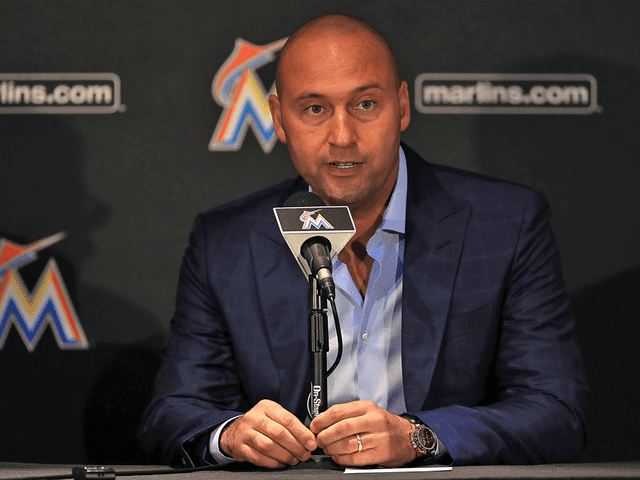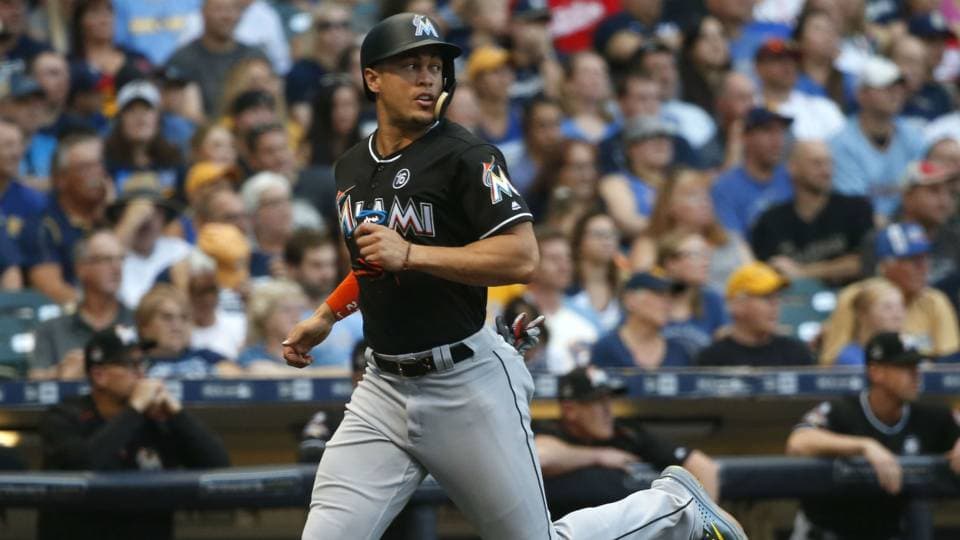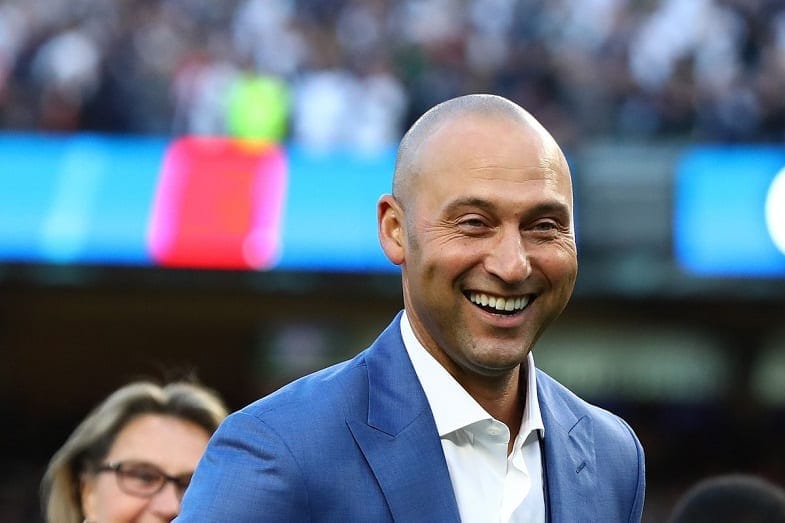
Derek Jeter is accustomed to criticism and hate. It comes as part of playing for a professional sports team in New York City. Yes, the fans there love their teams, but like any fan base, they love to hate their teams as well. When a player or team dares to do something as foolish as losing a game, make a bad play or anything else they shouldn’t do, the fans let them hear about it.
And they are brutal.
Even though he was one of the best in baseball for the 20 years he put on the Yankee pinstripes, Jeter fielded his share of criticism. Because he was wearing those pinstripes, he got his fair share of hate as well. People love a winner, and he was one of the best.
When he decided to get involved with the purchase and operation of one of the worst franchises in baseball, the Miami Marlins, he had to know he would face a ton of criticism and hate. He knows dismantling the team and essentially starting over is the right thing to do. At the same time, getting rid of popular players (overpaid or not) is not something that is usually met with happiness and glee.
It doesn’t matter if the reason for doing so is sound and logical—fans are going to hate it. But he’s a big boy; he can handle the critics and haters. He’s done it before. But is all the criticism and hate warranted?
No, because…
Jeter has not done anything harmful to the team. The trades were all moves that needed to be done and will eventually pay off for the club. Besides–it’s not like any of them were a surprise. Long before Jeter’s group officially purchased the Marlins, there were reports Giancarlo Stanton would probably be traded.
Yes, he is a huge draw to the ballpark. He is exciting to watch and can make any game worth being at with the swing of his bat. But the eventual NL MVP and home run king had a massive contract. Although he deserved every penny, it made it harder for the new owners to get control of the team’s finances.

This was all out in the open long before Jeter’s group took over the team. So, it shouldn’t have been so shocking. But the trade combined with what they got in return for Stanton was. When combined with the team trading away Dee Gordon and Marcel Ozuna, fans had every right to be upset. But the deals were in line with what the team intended to do.
Tear it down so it can be built back up.
“What has been in place has not been working,” Jeter said. “It’s evident it has not been working. We need to fix that. We just can’t continue to dig ourselves a bigger hole.”
“The alternative was to keep the outfield intact, play .500 ball, finish in third place and draft in the middle of the draft order,” Bowden added.
The farm system has been called one of the worst in the Majors. It was in desperate need of an infusion of talent if it was ever going to start developing players that could eventually help turn the club around. The trades did that for the team. They added some much-needed talent to the farm system.
Is it the kind of sexy result fans like from trades? No—but it was a necessary one.
The criticism and hate are warranted because….
Jeter could have avoided much of it with a better PR spin. For example, when asked at the recent town hall meeting if the team got enough in return for Stanton he answered by referring to Stanton’s contract and the financial relief it provided.

“We gave a gift, right?” Jeter said. “I hope every gift I give returns $265 million.”
That’s the last thing anyone wanted to hear him say. Acknowledging that he gave away the reigning NL MVP and home run king to his former team hasn’t gone over too well with people. Could he have gotten more? Probably. Was there collusion involved? Maybe—but we’ll never know until someone releases the tell-all book in 20 years.
What he should have done after making the trades is point out the process the Chicago Cubs and Houston Astros undertook to create their recent World Series winning teams.
Houston got rid of what talent it had for prospects a few years ago and endured three seasons that saw the team lose 100+ games in each. But then the prospects turned into talent, and the team began winning games sooner than expected.
Much like the Chicago Cubs, who went through a similar process, the Astros appear to be a team that is built to succeed for years to come. They are what every fan base wants their team to be—good. Not one-year wonders, but talented teams that will be competitive for years to come.
Jeter could have avoided much of the criticism and hate simply by pointing out that the Marlins were looking to do anything unusual. They were essentially just going to do what the Astros and Cubs did. Things have turned out pretty well for those clubs; don’t Marlins fans want the same thing?
It would have helped if he hadn’t given Stanton over to his former team for peanuts. But he’s new to the executive role, he’ll learn.












